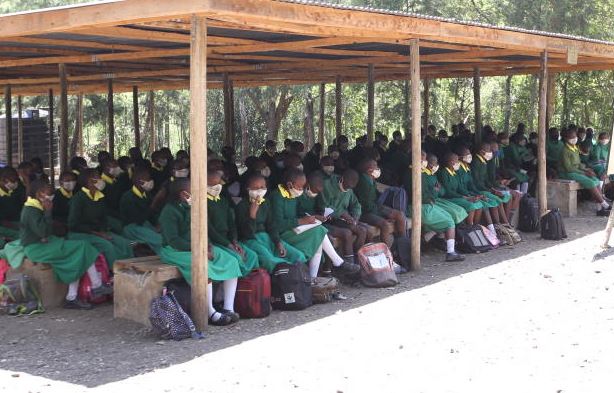×
The Standard e-Paper
Smart Minds Choose Us

Education stakeholders say the prolonged closure of schools may have resulted in learning losses, which may be unearthed by the evaluation.
Over 30,000 schools have up to the end of next week to prepare children for mass assessments to evaluate learners’ understanding of subjects, 10 months after closure of schools.